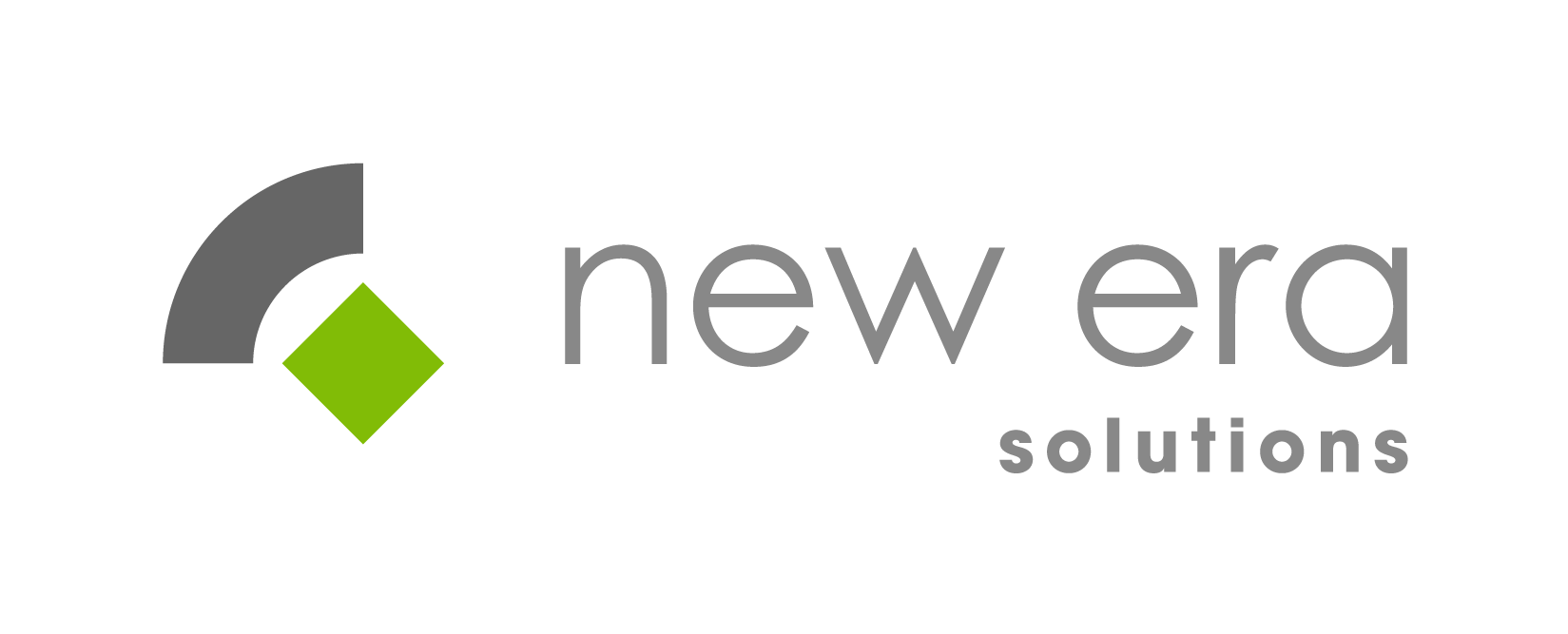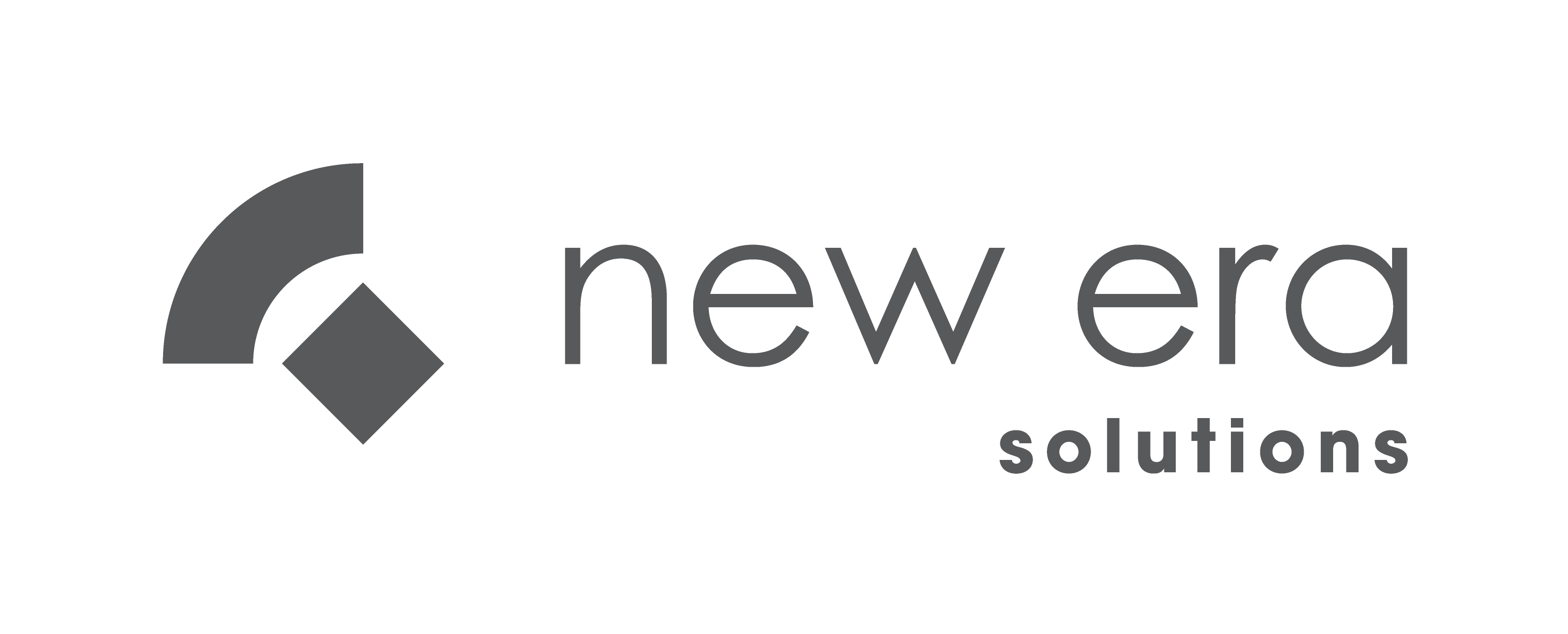Digitally Transform
Industry 4.0 embraces Mobile Connectivity, AI, Big Data, the Internet of Things (IoT), next-generation robotics, additive manufacturing (three-dimensional printing), blockchain software, wearable technologies and genetic engineering.
During the Industrial age, industry was at the “head” of value chains. Now, however, industrial firms are subordinate to digital firms. The implications are profound. It means that the barriers of entry to small enterprises could well be lowered as the quantum of fixed capital requited of enterprises would go down as they use digital technology, build on digital technology, innovate around digital technology.
South African businesses have been slow to adopt Cloud due to a lack of local infrastructure, data protection concerns and conservative investment strategies. But this is set to change. The IDC forecasts that at least one major global Cloud provider will establish local Data Centre infrastructure to service the region in 2017.
This will address key concerns and spur competition and adoption while putting pressure on local providers. New public Cloud spend will overtake On-premise in areas such as Collaborative applications, Application development software and platforms, and Customer Relationship Management (CRM).
While private Cloud should remain an investment priority, local businesses should still be working to develop the capabilities required to move workloads into the public Cloud if/when the need arises.
With products, as the ones listed below, it has now become easier to digitally transform your business:
- Amazon Web Services (AWS) – The technology allows Subscribers to have at their disposal a virtual cluster of computers, available all the time, through the Internet. AWS’s version of virtual computers emulate most of the attributes of a real computer including hardware (CPU(s) & GPU(s) for processing, local/RAM memory, hard-disk/SSD storage); a choice of operating systems; networking; and pre-loaded application software such as web servers, databases and CRM.
- Azure – Microsoft Azure is simply the Microsoft product name for the Microsoft Cloud. Azure is a Cloud computing platform plus infrastructure created by Microsoft for building, deploying, and managing applications and services through a global network of Microsoft-managed Data Centres. There are 34 interconnected Microsoft Data Regions around the world with more planned.
- Office 365 – The brand encompasses plans that allow use of the Microsoft Office software suite over the life of the subscription, as well as cloud-based software as a service products for business environments, such as hosted Exchange Server, Skype for Business Server, and SharePoint among others. All Office 365 plans include automatic updates to their respective software at no additional charge, as opposed to conventional licenses for these programs, where new versions require purchase of a new license.
- G Suite – G Suite comprises of Gmail, Hangouts, Calendar, and Google+ for communication; Drive for storage; Docs, Sheets, Slides, Forms, and Sites for collaboration; and, depending on the plan, an Admin panel and Vault for managing users and the services. It also includes the digital interactive whiteboard Jamboard.
Benefits of digitally transforming your business include:
Transforming Customer Experience
The world’s obsession with the latest technology, social media and applicatons revolve around a desire for an easier life. People want valuable solutions to their problems. More importantly, they want it fast. Success factors for customer experience transformation include:
- Design and digitisation of customer journeys.
- Increased speed and agility in insights.
- Achieving customer adoption of digital customer journeys.
- Develop agility and delivering journey transformations.
Utilise Data Drive insights
One of the great benefits of going digital is the ability to track metrics and analyse the data that is gained during digital marketing efforts. More to the point, using these insights allows businesses to optimise their strategies and processes for even better results.
Encourage Collaboration across departments
Many people fear change. The thought of the entire organisation making a massive digital transformation can be a daunting prospect for a workforce from leadership to entry-level employees. All processes and strategies, down to the core structure and company culture need to be addressed.
However, in that, there is an opportunity for unity throughout the workforce. To maximise the chances of a successful switch, there needs to be strong communication.
With encouragement, employees can break down age gaps and social divides to engage in conversation and learn together. Solid leadership at this point will improve the digital intelligence of the workforce.
Increase Agility and Innovation
Even those on top must be ready to adapt and innovate. There will always be new competition, new tools, and new trends. With that, the client will demand more, wanting it faster and better than before. Staying ready is crucial.
Even those on top must be ready to adapt and innovate. There will always be new competition, new tools, and new trends. With that, the customer will demand more, wanting it faster and better than before. Staying ready is crucial.
Consolidates Process and operations
Putting money aside, the greatest universal benefit that technology has given businesses is that it has made it easier to connect with other people. By going digital, companies can bring more than just their workforce together, but also their entire architecture. This includes social media, analytics and project management interfaces.
This consolidation of the company processes and operations enables the business to connect with their target audience and satisfy their needs.




